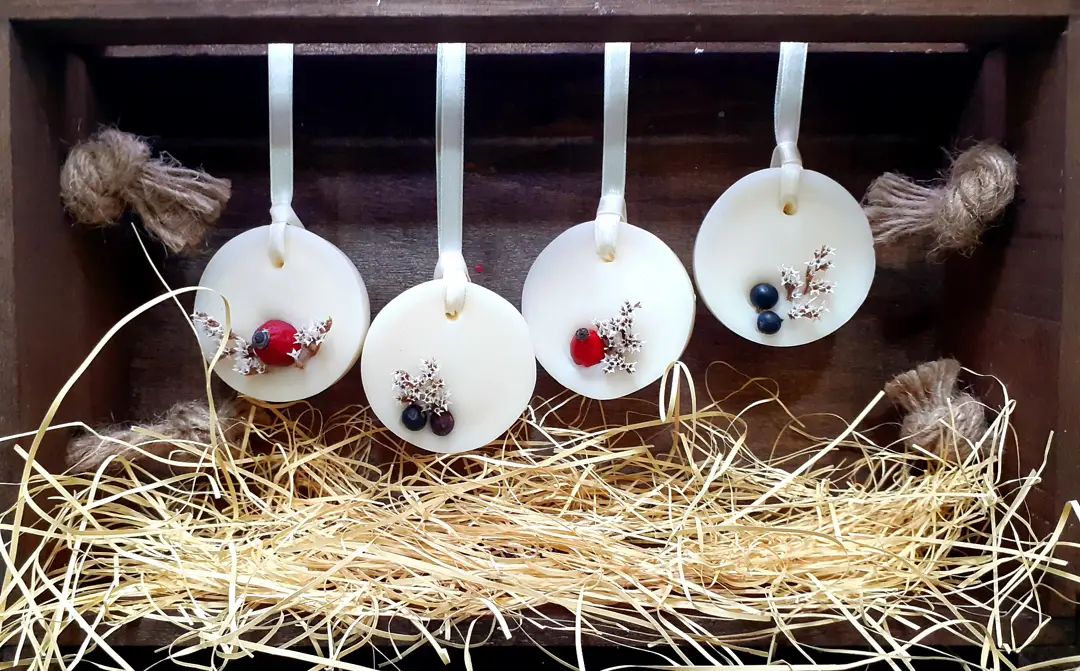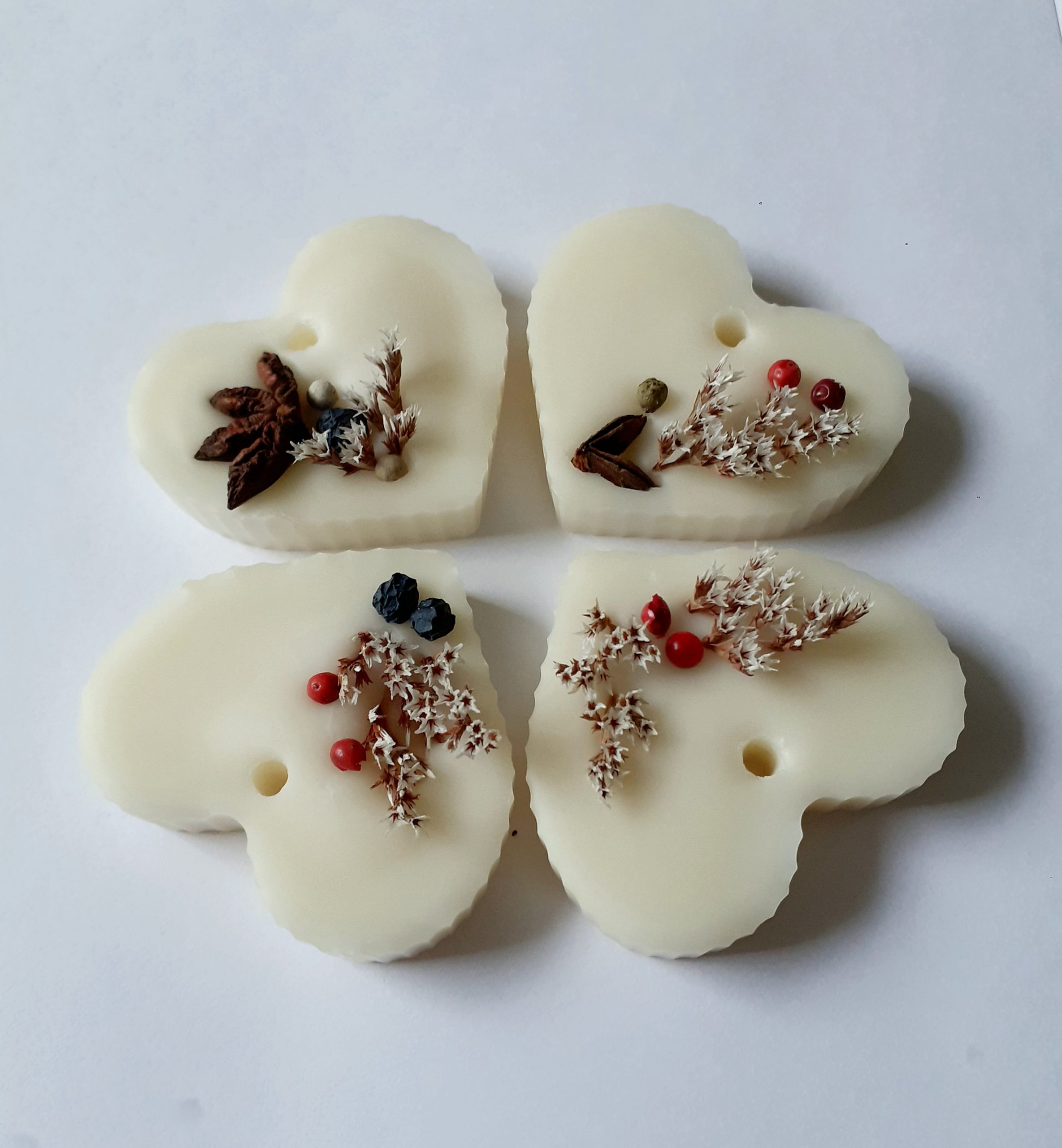
Although the COVID-19 pandemic has discouraged many entrepreneurs, it has not discouraged 37-year-old Dijana Markuš, the owner of the SaponiFly brand.
She got the idea to make soap about a year ago when she had a lot of free time due to the pandemic. During that period, she researched and read a lot about how soaps are made, the techniques for making them, and what materials are usually used.
Although these days, irresistible scents spread through her home as she makes her soaps, Dijana says that the beginning was not easy. The first soap she made ended up in the trash, but she did not let that get the best of her. Instead, it drove her to try harder.
“I went step by step. Every time the soaps were better, and I was happier”, adds Dijana with a smile.
She says she is most proud that she is the mother of three sons, with whom she spends most of her time. Although motherhood comes with a lot of responsibility, she says that she always finds time to dedicate to making soap.
She often likes to experiment with shapes and different ingredients to make the soaps as unique as possible. It takes several hours of dedicated work to make a good quality soap. Dijana explains that the most important thing is preparation. She must precisely plan and measure the ingredients.
“My soaps are made from vegetable oils and butter, fragrant and essential oils, mineral dyes, and other things like clay, activated carbon, and coffee, for example. Each recipe is carefully put together to get the best out of the ingredients. It is a real pleasure to combine colors and scents and then get praised for it,” says Dijana.
She is also a member of the “Soap Challenge Club,” a worldwide association of soap producers, where she has the opportunity to learn from the best and develop and improve various soap-making skills.

She says product promotion is extremely important, so potential customers know what you are doing. SaponiFly posts photos of products on Instagram and Facebook, where customers can also order. In addition, through these social networks, it is possible to see all the products she offers and their ingredients. She adds that promoting the soaps at bazaars is also important. She had the opportunity to exhibit at the PopArt market and the small bazaar “Može i drugačije” in cooperation with the eTrafika portal.
“Promotion of that kind is hugely important because people can watch what you do. Although I try to bring every product closer to people with photos and accompanying texts on social networks, doing that in person is always more interesting. And to fully experience a soap, you have to smell it in person,” says Dijana.
In addition to soaps, she also makes fragrant waxes for melting and decorations. She says that she loves the pleasant scents that spread through her home as she makes them and also how well people react to these products.
“Fragrant wax decorations are made of pure beeswax and essential and fragrant oils. They have different purposes, like decorations for Christmas trees, walls, windows, doors, or as air fresheners. They have an intense and refreshing scent. When their smell weakens, they can break down and melt in wax melters, thus refreshing and purifying the space. Fragrant wax decorations are a completely ecological product,” explains Dijana.
She believes that starting your own business is a big challenge in Bosnia and Herzegovina, especially when one does not have the capital. She loves making soaps as a hobby, but she notes that it is expensive. She can earn only enough to buy new raw materials or pay for soap-making courses, but she is still very happy to be making them.
“So far, I have not had any significant problems, except when procuring raw materials because not all of them are available to me in Bosnia and Herzegovina, so I procure them from abroad,” adds Dijana.
She believes that women in small businesses are most afraid of failure and emphasizes that it is important to believe in ourselves and what we do. If we do that, she says, then success is almost guaranteed. In addition, the support you receive from your community is extremely important.
“In order to create something with our own hands, we first need faith in ourselves and our abilities, and then work, learning, research, and a lot of trial and error. After all that, I am sure success will come. And of course, you have to let go of all fear and doubt and move forward,” says Dijana.
At the end of our conversation, she explained that it is currently difficult for her to talk about future plans.
“I only plan to be better and have unique products, and I have a strong desire to sell soaps in stores where people will be able to look at and smell them physically. I would like to take this opportunity to invite all interested parties who have their own outlets and who would like to exhibit my products to contact me!” Dijana concludes.






